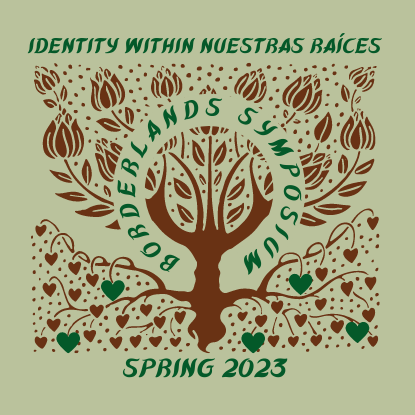Majors & Minors
Latin American and Border Studies
The diverse historical legacy, rich culture, and socioeconomic importance of Latin America makes it one of the most fascinating areas of the world to research, study and explore.
Latin American and Border Studies at Southwestern University is an interdisciplinary program designed to increase understanding of Latin American and Latina/o histories, cultures, languages, economies, and political forms. A central part of the program is the critical evaluation of the ideological borders that constitute nations, states, and peoples, as produced from outside and from within Latin America. Recognizing Southwestern University’s location in Central Texas, the program emphasizes the collaboration of a diverse faculty and student body who seek both academic and activist responses to central questions while examining different disciplinary approaches to the study of Latin America and Latina/o identities.
Program Goals
Latin American and Border Studies includes but is not restricted to any of the geographic and cultural area defined by Latin America, the Caribbean, and United States borderlands. While focusing on one or more regions of this area, the learning goals for all LAS students are to:
- Demonstrate a deep contextual understanding of cultural, historical, and socio-political realities.
- Demonstrate reading, writing, and oral proficiency skills in Spanish.
- Apply and integrate more than one disciplinary approach while engaging with scholarship and activism.
- Evaluate important cultural, conceptual, and epistemological differences and their global influences.
Students will familiarize themselves with Latin America, the Caribbean, and the United States borderlands through a mixture of academic study, specialized training, civic engagement, study abroad, and discussions with affiliated faculty and visiting scholars.
Latin American and Border Studies is one of the Paideia Minors. Paideia provides intentional opportunities for students to integrate various academic disciplines and experiences, empowering them to develop versatile analytical abilities that lead them to become creative problem solvers who are well equipped to tackle complex issues. Paideia is not a traditional program but provides innovative, structured pathways that enable the acquisition of these invaluable skills.
All SU students are encouraged to graduate with Paideia Distinction by making Paideia a formal part of their studies. This requires completing either one of the Paideia Minors (or two High-Impact Experiences) and successfully completing a Paideia Seminar.
Graduation with Paideia Distinction formally recognizes students’ cultivated curiosity to learn, integrate multiple viewpoints, and create change. The Paideia skills that students develop make SU graduates highly sought-after by recruiters, employers, and graduate programs.
Learn more about the Paideia Seminar, how to apply for it, and how to graduate with Paideia Distinction.






















